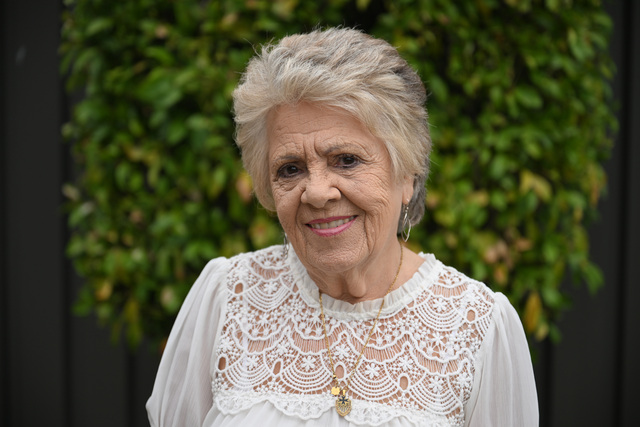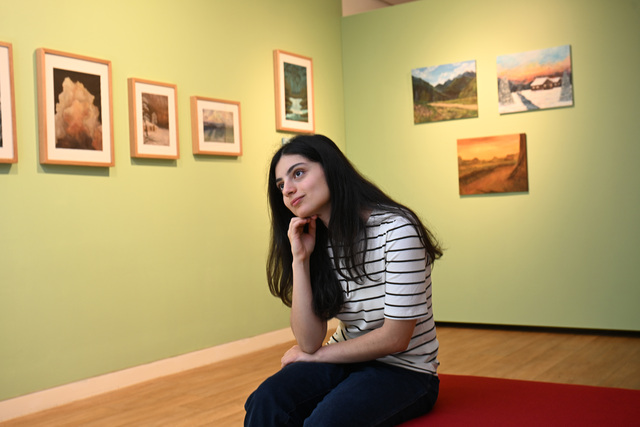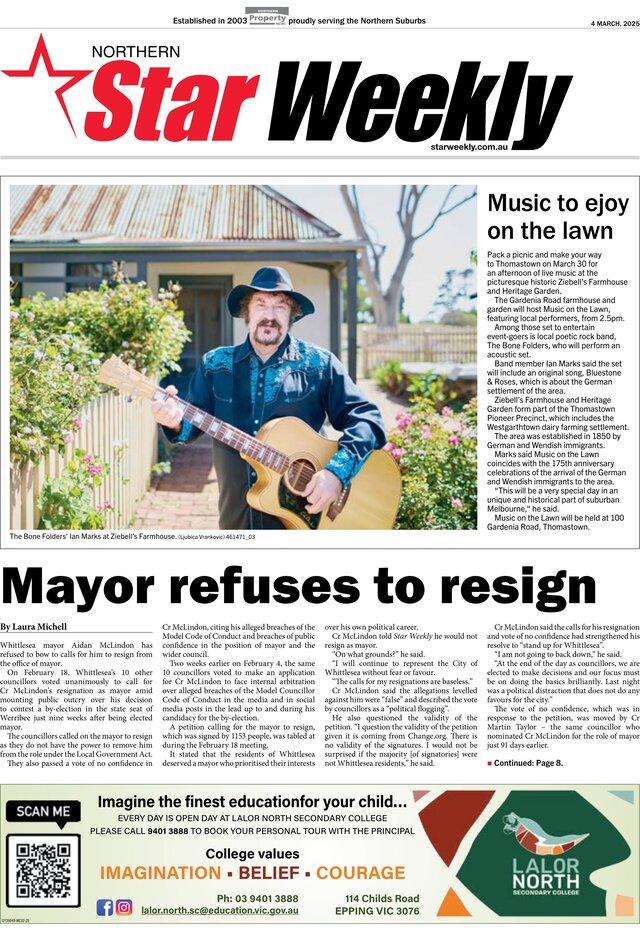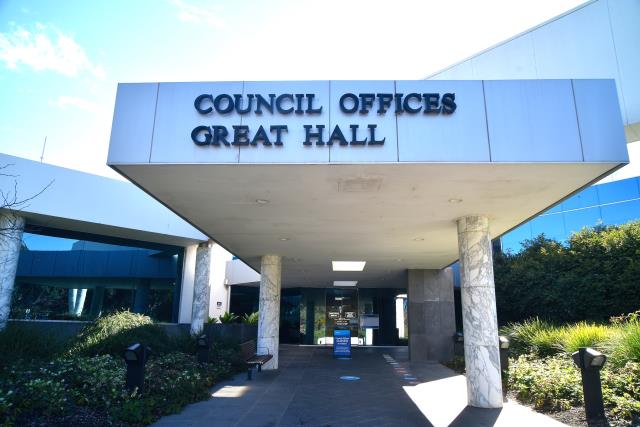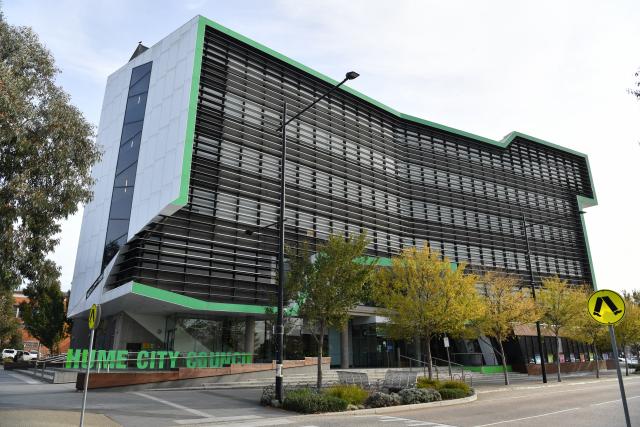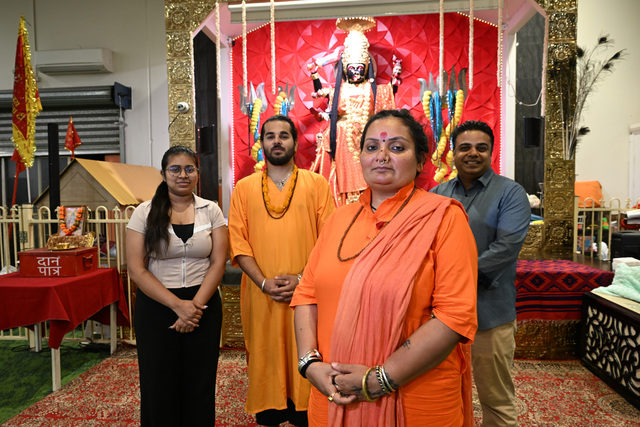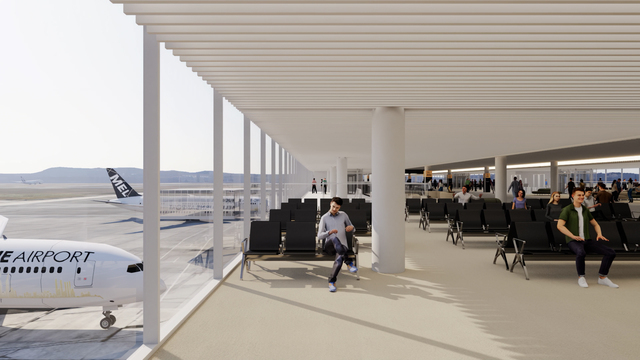PRIORITIES SKEWED
Premier Denis Napthine’s decision to spend $8 billion on the east-west tunnel in inner Melbourne will lock up billions of dollars desperately needed for vital road projects in the state’s suburbs and regions.
As Victoria’s population grows, more people rely on our road network to get around, with
1.8 million Victorians travelling on the state’s roads during peak hour each day.
However, the Napthine government’s neglect of regional and outer suburban communities has seen roads across the state deteriorate to unprecedented levels.
As part of Project: 10,000, Labor will introduce a $1 billion fund to repair and upgrade roads in Melbourne’s outer suburban and interface communities.
Labor’s commitment is not a replacement of current roads funding as Dr Napthine’s deputy, Peter Ryan, has misleadingly spread among the community to cover his own government’s failures. This additional funding will help fix the neglect that the Napthine-Ryan Coalition has shown for suburban roads since coming to office.
Victorian Labor’s road funding commitment will ensure that growing communities in outer Melbourne, interface areas and regional Victoria can count on a consistent, dedicated level of road funding to relieve congestion, support jobs and improve safety each and every year.
LUKE DONNELLAN MP, SHADOW MINISTER FOR ROADS AND ROAD SAFETY
SUN SAFETY
While the scorching sun is a regular feature of our summer, we must not become complacent about its dangers.
According to SunSmart, outdoor workers in Australia receive five to 10 times more sun exposure than indoor workers, placing them at an increased risk of skin damage and skin cancer.
Between 1999 and 2002, death rates from skin cancer for male farmers and farm managers were nearly 60 per cent higher than the general population.
Workplace health and safety laws require employers to provide a safe working environment, which includes protection against risks associated with working in heat.
Simple things like rescheduling work to cooler parts of the day, making sure water is available and providing outdoor workers with sunscreen and protective clothing can help keep workers safe.
REBECCA EAGLES / MAURICE BLACKBURN LAWYERS



